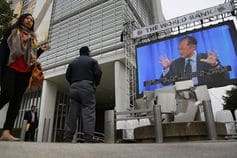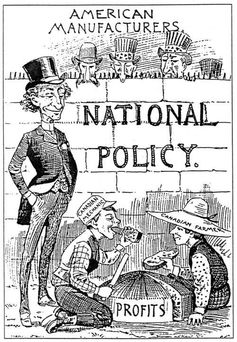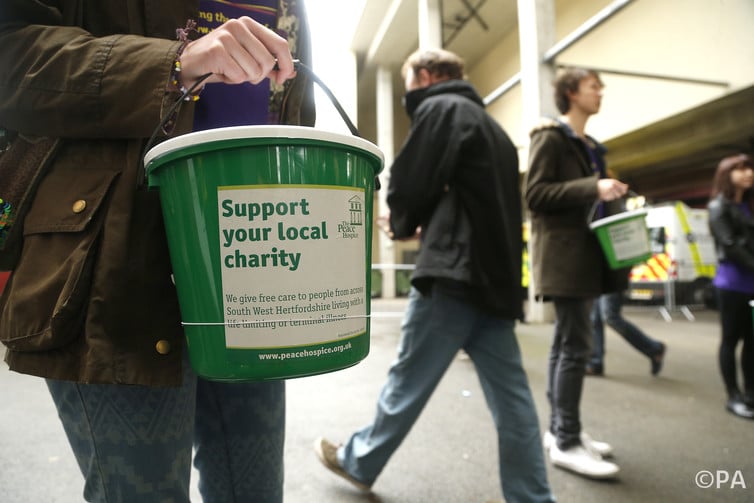Bilateral Investment Treaties Causing Headaches
Bilateral investment treaties have been a source of political controversy in recent years. This is clear from the alarming increase in the number of disputes between investors and governments.
The treaties create an unequal distribution of rights and obligations between developed countries, which are the source of most foreign direct investment, and developing countries, which are mainly recipients. They lead to the increased risk of litigation and have a negative impact on the net benefit of investment to recipient countries.






